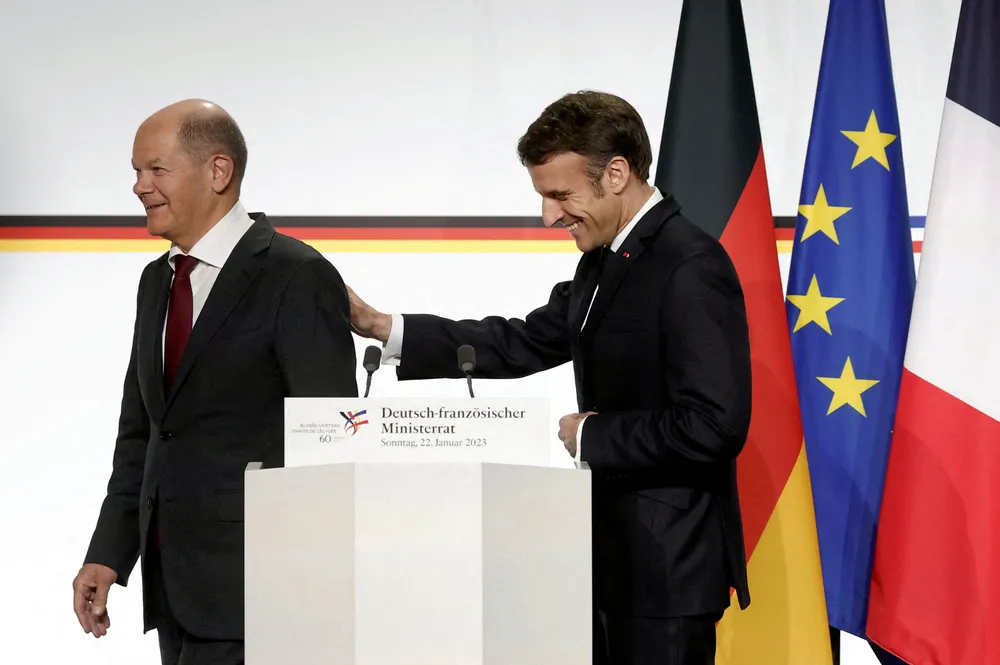Rift between 16 EU states over role of nuclear hydrogen could delay European green H2 deployment
Germany is leading fight back against France-led plans for EU to allow nuclear hydrogen to be classed as renewable

Germany is leading fight back against France-led plans for EU to allow nuclear hydrogen to be classed as renewable
